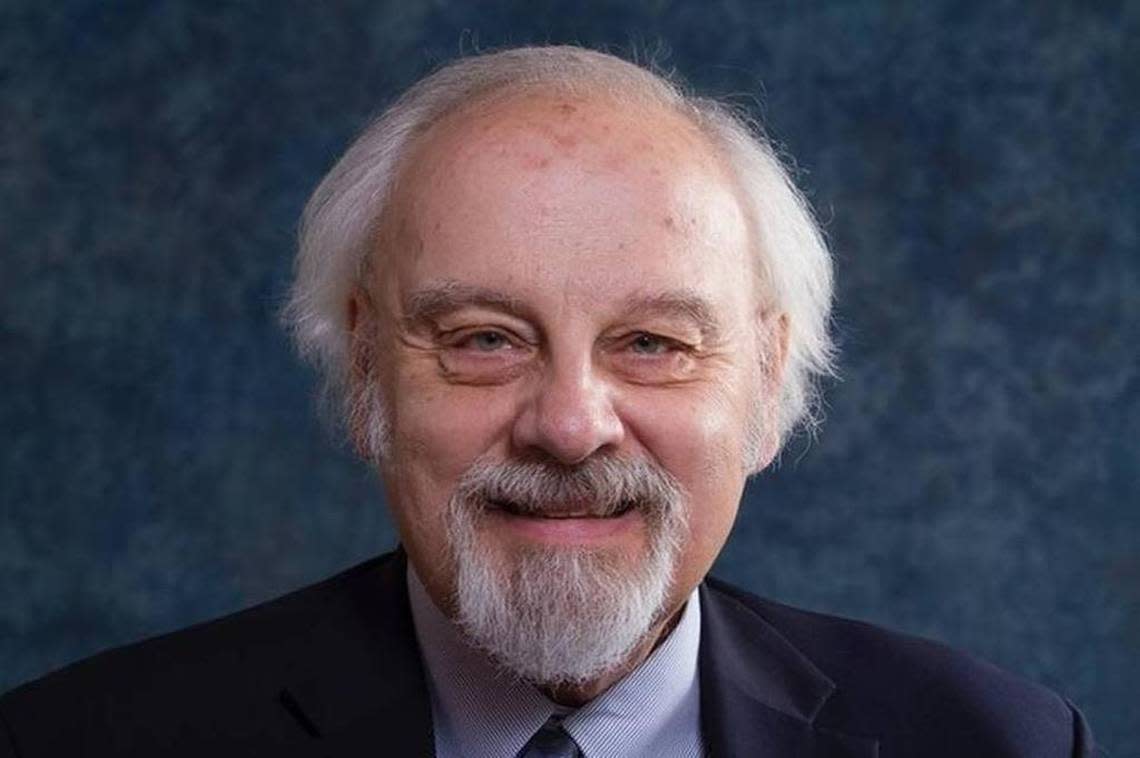The two words local weather forecasters will not speak
George Bernard Shaw once famously claimed, “every profession is a conspiracy against the laity.” As a retired political scientist, I have to admit that we frequently pad our annual college salaries by selling our knowledge and expertise to consultants and political parties to assist them in manipulating public attitudes and generating fear and animosity toward their opponents. These days, I worry that local TV and radio meteorologists are falling into Shaw’s category of conspiratorial professionals, too.
Beyond the media hype, alarmism, and warnings that heighten listeners’ anxieties about the weather, what most concerns me is the reluctance of local meteorologists to speak the two words contributing to growing extreme weather conditions—climate change.
Now, I know the difference between weather and climate. I also recognize the pressure upon weather people to be timely and accurate in their forecasting. On any given day, their routine assessments of the weather are helpful and are backed up by the latest technology.
But the fact that these professionals refuse to acknowledge the major trends affecting current weather patterns, near and far, which are likely to further influence weather conditions in the near- to mid-range future, should prompt them to voice what the American Meteorological Society openly acknowledges and take time to educate citizens in the Commonwealth about the all-too-real and looming dangers about climate change.

Several years ago, a day was chosen by weather reporters across the nation to use part of their weather segment to educate their viewers about the nature and mounting risks of climate change for their coverage area. As best I know, not a single Lexington weather forecaster participated. At least one of Lexington’s own has taken Weather 101 to schools to teach young students about the fundamentals of meteorology and its importance to their future. One day not too far off from today a student will raise a question about climate change and its effect upon local weather conditions. What will the weather teacher say to his student then?
I don’t know whether the influence of the coal industry upon the corporate media still casts a long shadow across the Bluegrass and stifles commentary on the larger context of weather forecasting. Perhaps an entertainment ethic has infiltrated weather reporting and blunts or prevents serious analysis about the world we are slouching toward in the way of droughts and floods, fires and triple-digit heat, the melting of the glaciers and rising of the oceans.
Whatever the case, I believe true professionals should be honest with the public they serve and use the media window to their viewers’ living rooms to school them on the connection between weather and climate change. Shouldn’t viewers be better informed about the specter of climate change shaping local weather across our land? To me, in this mounting existential crisis, these weather professionals have a higher calling and greater civic duty.
Ernie Yanarella taught political theory and critical policy studies at the University of Kentucky for 50 years. In retirement, he continues to write books and promote civic and ecological literacy.
